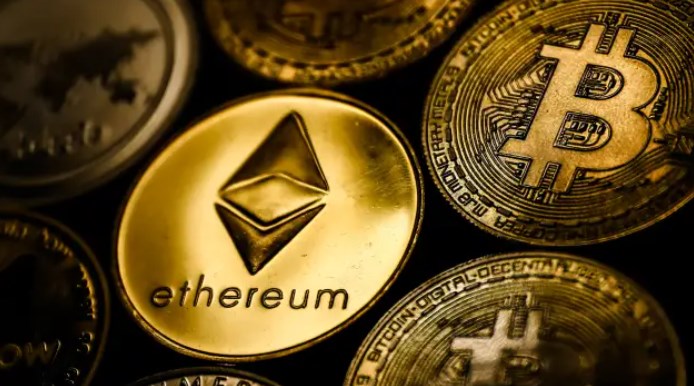What does digital currency platform mean?
- 全网都在看Original
- 2024-04-22 11:54:18458browse
The digital currency platform is a secure online platform for users to trade and store digital currencies. These platforms act as exchanges, providing trading facilitation, secure storage, market liquidity, price discovery, and customer support. For example, popular platforms include Coinbase, Binance, and Kraken.

##Digital Currency Platform: Definition and Function
What is a digital currency platform?
The Digital Currency Platform is an online platform that allows users to buy, sell, store and trade digital currencies. They act as digital asset exchanges, connecting buyers and sellers.The role of the platform
The digital currency platform plays a number of important roles, including:1. Transaction convenience:
- Enables users to easily buy and sell a variety of digital currencies, including Bitcoin, Ethereum, and Ripple.
- Provides multiple transaction types, such as limit orders, market orders, and stop-loss orders.
2. Secure Storage:
- A secure wallet that stores users’ digital currencies, protecting them from hackers and theft attacks.
- Usually provide security measures such as multi-factor authentication and cold storage.
3. Market Liquidity:
- Gathers orders from buyers and sellers to create liquidity, thereby ensuring fast execution of transactions.
- Displays real-time market data, including price, volume and market depth.
4. Price discovery:
- Determine the market price of digital currency based on the orders of buyers and sellers.
- Transparent market allows users to understand the true value of assets.
5. Customer Support:
- Provides customer support to help users solve problems, navigate the platform and understand digital currencies.
- Usually there is online chat, email and phone support.
Examples of Platforms
Popular digital currency platforms include:
- Coinbase
- Binance
- Kraken
- Gemini
##
The above is the detailed content of What does digital currency platform mean?. For more information, please follow other related articles on the PHP Chinese website!
Related articles
See more- Shock! The HTML5 Blockchain Game Alliance was established and a 1 billion development fund was established!
- What are the main characteristics of blockchain technology?
- The cryptographic technology of blockchain includes digital signature algorithm and what algorithm
- How much is the lowest price in Bitcoin history?
- China's three major Bitcoin trading platform apps. Which of the three largest Bitcoin trading platforms has the largest number of users?

